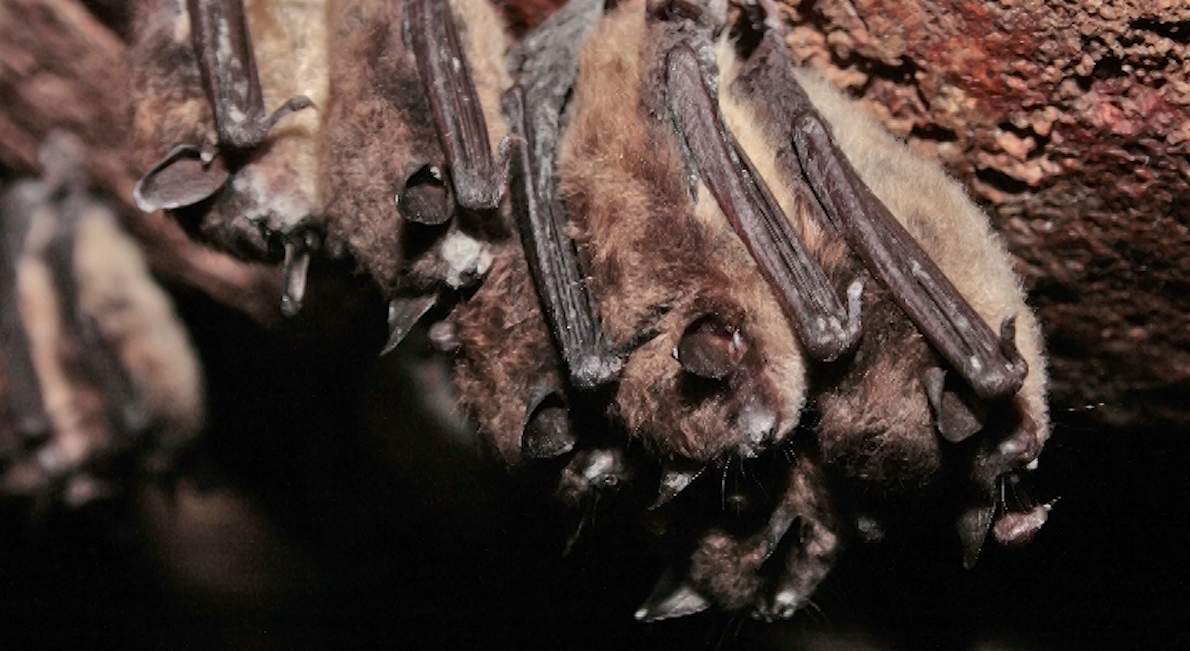Halloween is a time for spooks and scares, but some conservationists say some critters have gotten a bad rap because of it.

Although legends of animals such as bats make for great stories, those at the Nature Conservancy of Canada (NCC) say a number of species feared at Halloween actually need protection.
“There are lots of myths about these animals,” said Sarah Ludlow, a conservation science coordinator with the NCC. “A lot of it stems from a lack of understanding. People generally fear things they don’t know a lot about.”
Over time, the continuous haunting images have contributed to a negative and fearful stereotype of many animals.
“This fear can complicate the effort to gather support for the protection and survival of those species,” NCC said in a press release.
“Many wildlife species depicted this time of year are actually species at risk and the bad rap they unfairly get impacts public knowledge and support for their conservation efforts.”

Get daily National news
Ludlow said one example is the little brown bat. A deadly fungus has been moving its way west across North America and has arrived in Saskatchewan. It has already decimated 90 per cent of the little brown bat populations in eastern Canada.
- Tumbler Ridge B.C. mass shooting: What we know about the victims
- ‘We now have to figure out how to live life without her’: Mother of Tumbler Ridge shooting victim speaks
- There are changes coming to Tim Hortons menus and stores soon
- Family of Portapique victims offers advice and support to community in Tumbler Ridge
And with Halloween putting a dark twist on the creatures, they are even more at risk.
“Often species that get these sorts of labels as vermin or as nefarious sort of characters, they can be persecuted a little bit more,” Ludlow said. “And then also compounding that is many of these species are already a species of conservation concern. So they’re endangered or they’re on their way to being endangered if things aren’t done to address that.”
The biggest defence NCC is currently implementing is habitat protection.
“There’s many species where the main cause of the population decline is habitat loss,” Ludlow said. “So preserving the habitat that’s left and making sure that it stays in good condition is really crucial to making sure that those species can recover and rebuild their populations.”
To help combat these stereotypes, NCC is attempting to spread awareness of the benefits these animals bring to the ecosystem.
To learn more about the myths associated with these unique species and what is needed for them to survive, you can visit the NCC website.









Comments
Want to discuss? Please read our Commenting Policy first.